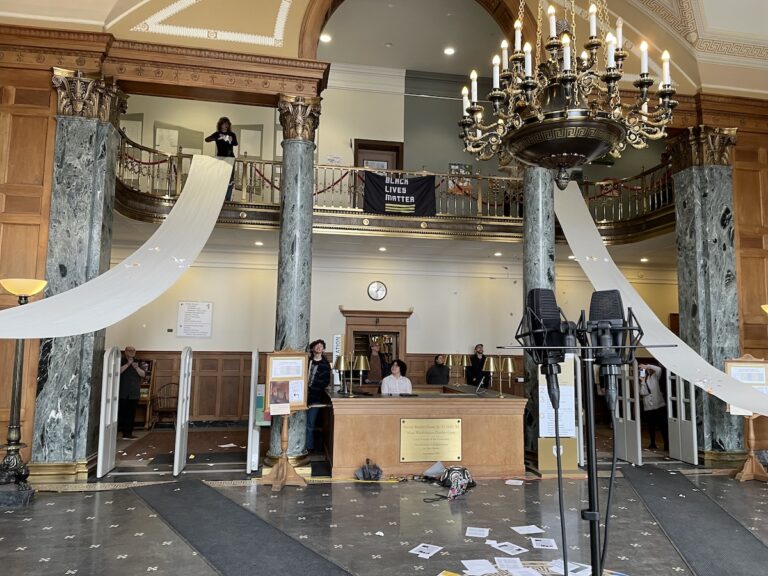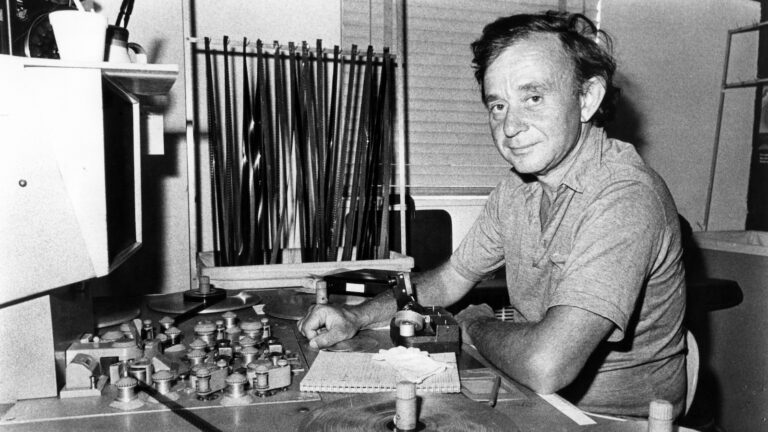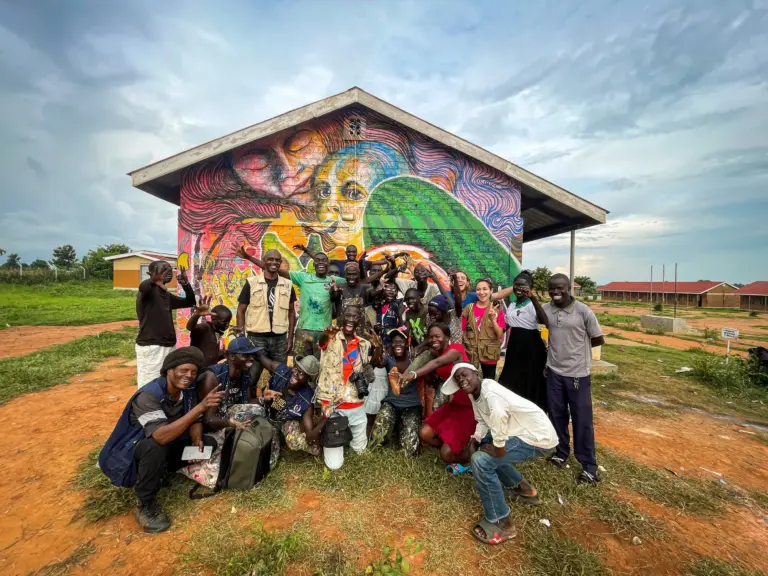“Goodnight” Grapples With Grief Through Radical Imagination
“Goodnight,” an original play written by Liang Liang ’26, premiered at WestCo Cafe on Friday, April 4, 2025, with additional performances the following day.
“Love and death are not separate things, they are two sides of the same coin,” one of the characters declared.
From the vivid imagination of the play’s protagonist, the play meditates on the value of fantasy to combat grief, through a family’s experience of losing their eldest son. The production follows the boy’s siblings, Carl (Natalie Kim ’28) and Claire (Shreya Savur ’28), as they travel through a fictitious world, trying to save the memory of their brother as well as their own innocence.
In an interview with The Argus, Liang spoke of the production’s purpose.
“This production is dedicated to every child who loves to dream [and to] every adult who was once a child,” Liang said. “The show is for every regret that lingers, every longing that persists, and every love that endures.”
Despite the play’s difficult, tragic themes, Liang maintained its levity, even throughout the work’s emotional climaxes, with her witty and creative humor.
From the first scene of the play—in which the Mother (Amber Bretz ’27) and Father (David Flatau-Jones ’27) sit down for a meal, but are interrupted by news of their son’s death—the staging skillfully leverages the expansive possibility of WestCo Cafe, with its vast perimeter portraying three different rooms.
The lighting design was precise, following the play’s transition from reality to Claire’s imagination. During an imaginary snowstorm, Claire and Carl attempt to save their dead older brother in a Wizard of Oz-esque sequence, accompanied and advised by Somebody and Nobody (Bretz and Flatau-Jones). They meet a comedic drunk Grownup (Tina Han M.A. ’25), who tells them that in order to save their brother, they must kill the dragon (Gracie Halverson ’28).
While the group bravely agrees, the plan fails as the vulnerable dragon transforms into the dead brother. At the play’s emotional climax, the dragon delivers an emotional monologue, contemplating the cycle of life and death, a system over which she has power.
Outside of Claire’s dream, the parents, each feeling partially responsible for the fatal incident, grieve the death of their son, angrily placing blame on each other. It is in the picture and practice of grief where Liang’s writing truly shines. The parents reluctantly decide to cremate their son.
The play ends after family dinner the day before the cremation, with Carl and Claire saying prayers to gods from 3 different religions as they sit beside the coffin placed in the stage’s center.
When asked about her inspiration for the play, Liang shared her own experience with grief.
“The first time I faced death was when I was Claire’s age and my great-grandmother died,” Liang said. “I remember at her funeral, my cousin and I were drawing people with wings on a stone with burnt incense. An old lady came up to me and asked me if I knew where all the dead people had gone. I…pointed to the people on the stone and said they flew away.”
That defining moment of Liang’s life became a central source for the play’s emotional ending.
“When I was working on ‘Goodnight,’ especially when I was writing the final praying scene, my mind always recalled this image,” Liang said. “No one knows exactly what it’s like when people die, but we believe in the power of believing.”
The actors’ precise choices added clarity and intrigue to each scene, making the show so large that it seemed almost impossible to be constrained to the small space of WestCo Cafe. Yet the constant movement of actors and settings flowed seamlessly into each other, and the inclusion of dance and musical elements added a welcome element of surprise to the scenes.
As a whole, “Goodnight” was a unique production that skillfully balanced humor through the play’s emotional, unrelenting exploration of grief, innocence, and love.
Carter Appleyard can be reached at cappleyard@wesleyan.edu.







Leave a Reply